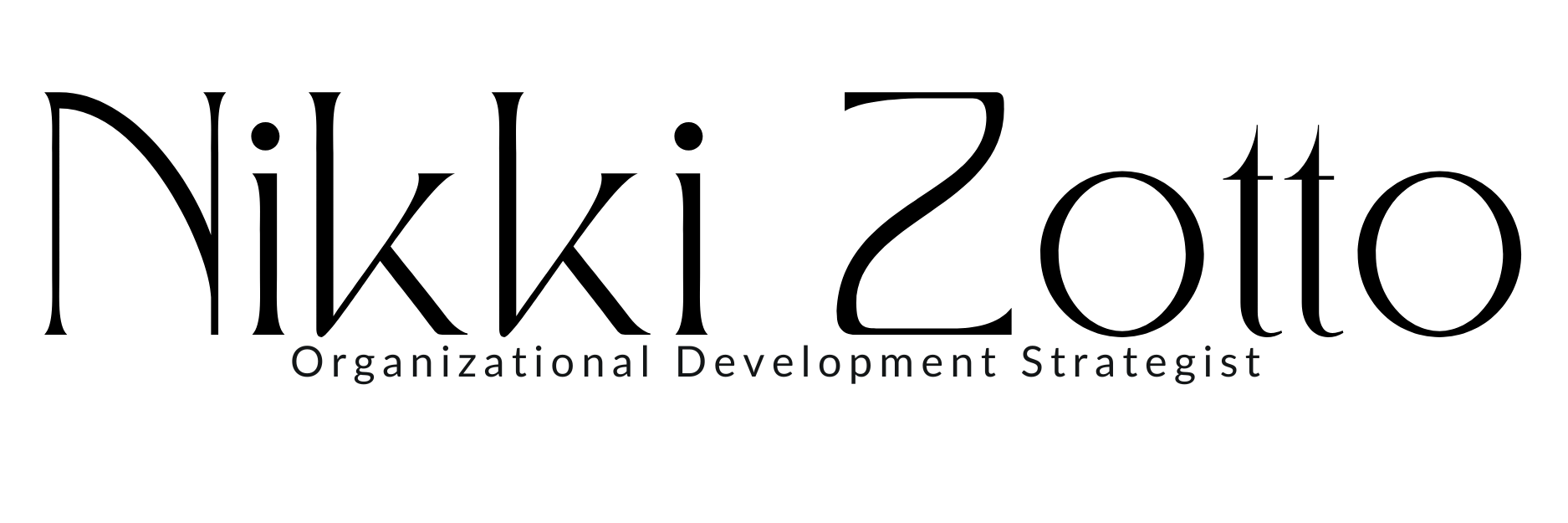Braving the Return: Navigating the Courageous Journey Back
Returning to an organization after experiencing harassment, belittlement, and bullying, especially from someone in a leadership position or a former boss, is a profoundly challenging journey. The trauma from such experiences can deeply affect one’s self-esteem, trust in others, and overall well-being. It’s crucial to acknowledge the courage it takes to even consider re-engaging with a space that has been the source of significant pain.
The impact of toxic leadership and bullying extends far beyond the immediate moments of mistreatment. It can lead to long-term psychological effects, including anxiety, depression, and post-traumatic stress disorder (PTSD). Such environments also erode one’s sense of safety and belonging within professional settings, making the idea of returning feel daunting and, for some, seemingly impossible.
For those considering going back to an organization after enduring such trauma, it's important to weigh the reasons for returning against the potential risks to your mental health. The decision should be grounded in a thorough assessment of the changes (if any) that have occurred within the organization to address toxic behaviors and promote a healthier, more inclusive culture. Have there been any shifts in leadership? Are there new policies or support systems in place to protect members? Understanding these factors can provide insight into whether the organization is moving towards a more positive direction.
Self-care and establishing a support system are paramount in navigating this process. This can include seeking therapy, connecting with trusted peers who understand your experience, and setting clear boundaries to protect your well-being. Remember, healing is not linear, and it’s okay to take steps back or decide that returning is not the best choice for you.
For those in leadership positions within organizations, it’s imperative to recognize the long-lasting impact that toxic behavior can have on individuals. Creating channels for safe, anonymous reporting; implementing rigorous anti-bullying policies; and fostering a culture of empathy and respect are essential steps in preventing such trauma and ensuring a safe environment for all members.
The journey back to an organization after experiencing trauma is deeply personal and filled with complexities. It’s a path that requires patience, self-compassion, and often, seeking justice or closure in one’s own way. Whether you choose to return or carve out a new path elsewhere, remember that your worth and capabilities extend far beyond the confines of any single organization or experience.


